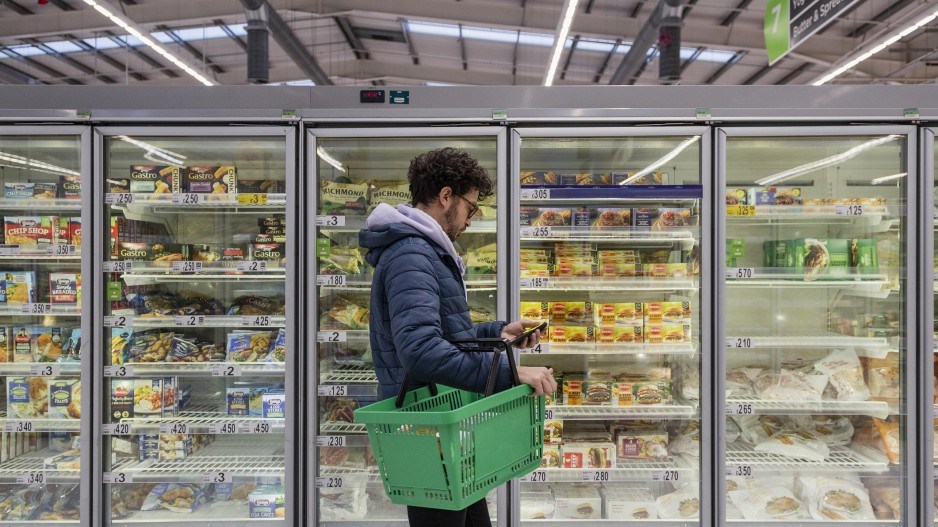British Columbians got a taste of inflation relief last month for the first time since the summer as the annual rate of inflation hit 7.3 per cent.
That’s down from a month earlier when inflation rose to 7.8 per cent, according to data released Wednesday by Statistics Canada.
But November also marked the fifth consecutive month in which inflation on the West Coast outpaced the national average, the latter of which came in at 6.8 per cent in November compared with 6.9 per cent in October.
TD economist Rishi Sondhi said in a note last week that B.C. and Ontario can expect inflation to be “more persistent” in 2023 as they continue to deal with high housing costs even as the price of homes take a hit.
British Columbians also saw rent rise 7.2 per cent in November, according to Wednesday’s Statistics Canada data.
But travellers to B.C. got some relief as the price of accommodations rose 9.5 per cent after posting a 32.7% increase in October.
“The slowdown, resulting from a 20.6% month-over-month decline, was driven by lower accommodation prices in Vancouver,” Statistics Canada said.
Nationally, gas prices fell 3.6 per cent following a 9.2 per cent increase a month earlier.
This was largely driven by price declines in Western Canada, with Statistics Canada noting the reopening of refineries in the western U.S. contributed to lower prices in B.C. and the Prairies.
Meantime, grocery prices went up 11.4 per cent last month, furniture prices were up 8 per cent and vehicle prices were up 7.8 per cent.
TD Bank senior economist Leslie Preston called the latest inflation numbers a "step in the right direction."
“Canadian consumers are showing signs of strain under the weight of high inflation and higher interest rates, with retail sales losing momentum in recent months,” she said in a note. “This is expected to translate to softer price pressures, which are starting to show up in categories like furniture and clothing.”
Both Preston and BMO chief economist Douglas Porter are forecasting the Bank of Canada will hike its key rate another quarter point early in the new year before taking a pause.
"Turning the temperature down on inflation is proving to be an achingly slow process, and we suspect this may be a theme for 2023," Porter said in a note.
B.C. inflation compared with the national average:
- July: 8 per cent (B.C.) vs. 7.6 per cent (Canada)
- August: 7.3 per cent (B.C.) vs. 7 per cent (Canada)
- September: 7.7 per cent (B.C.) vs. 6.9 per cent (Canada)
- October: 7.8 per cent (B.C.) vs. 6.9 per cent (Canada)
- November: 7.3 per cent (B.C.) vs. 6.8 per cent (Canada)




